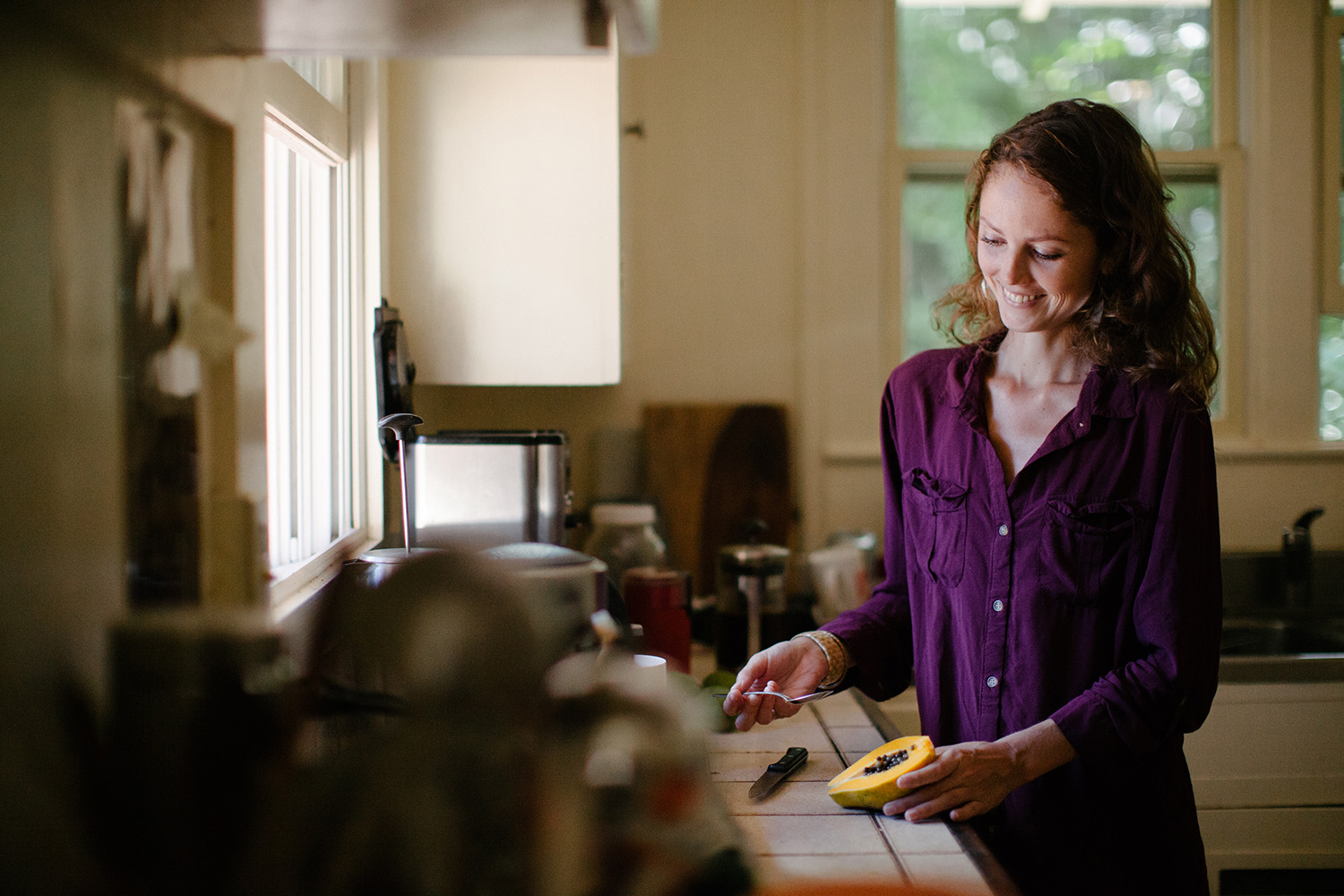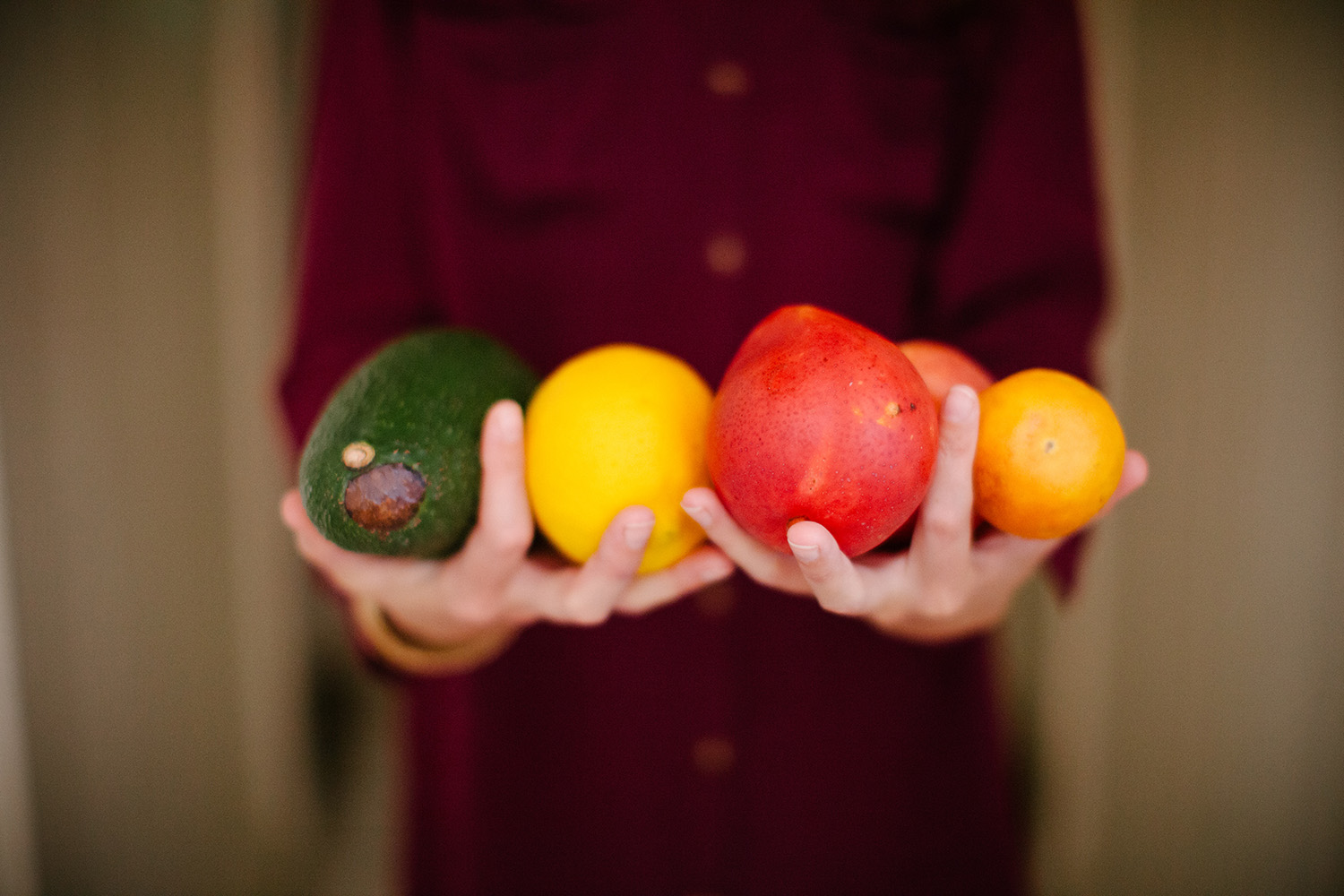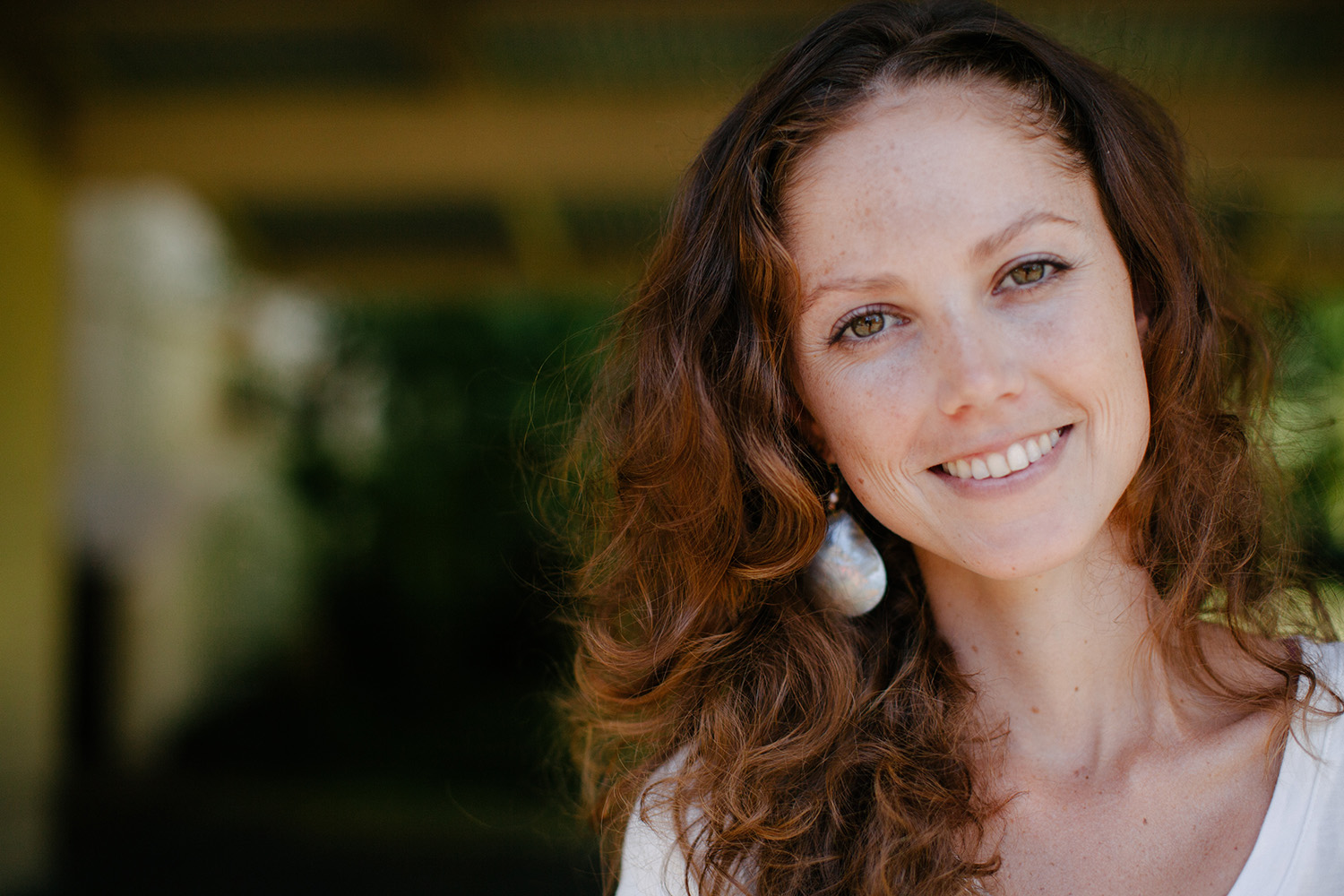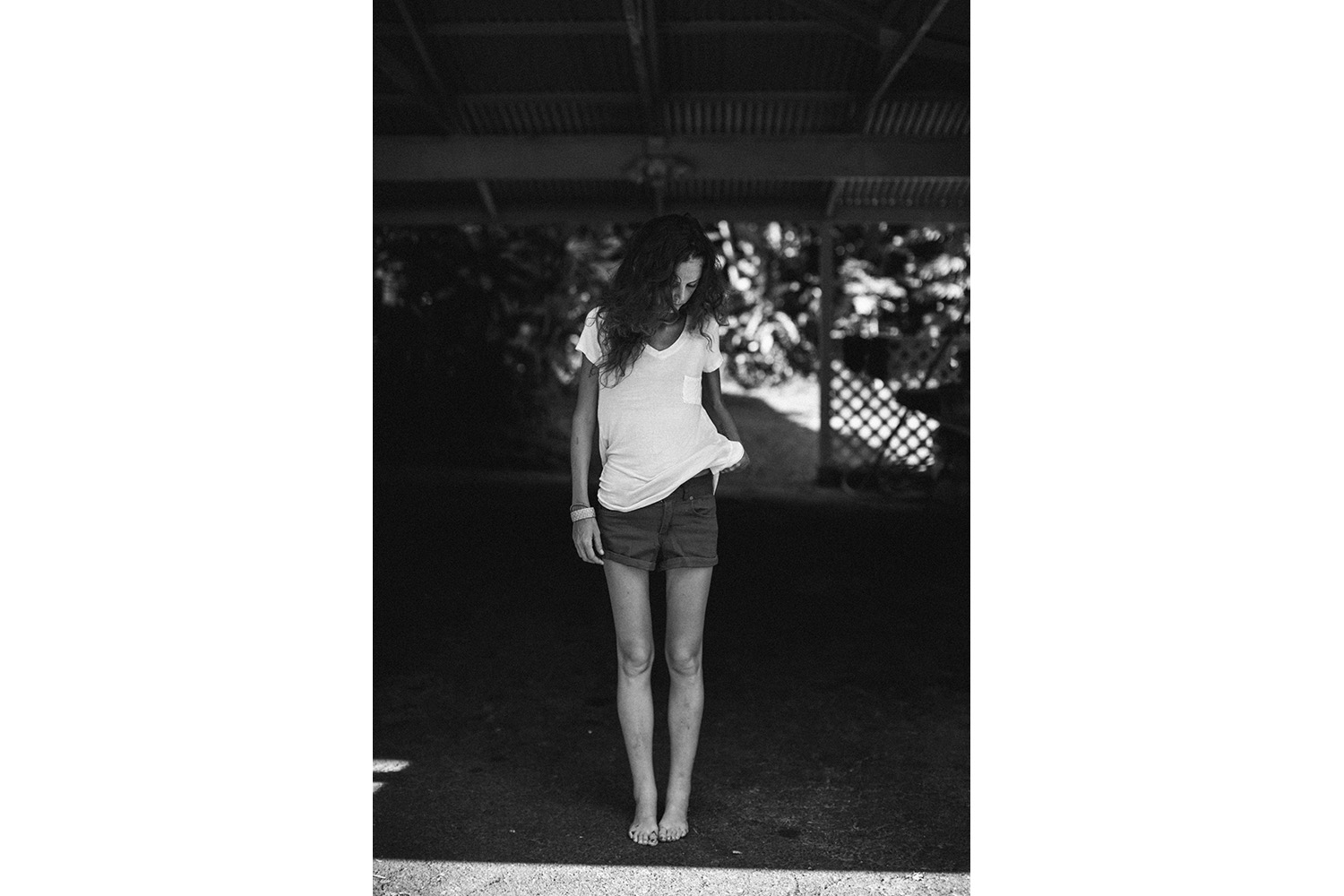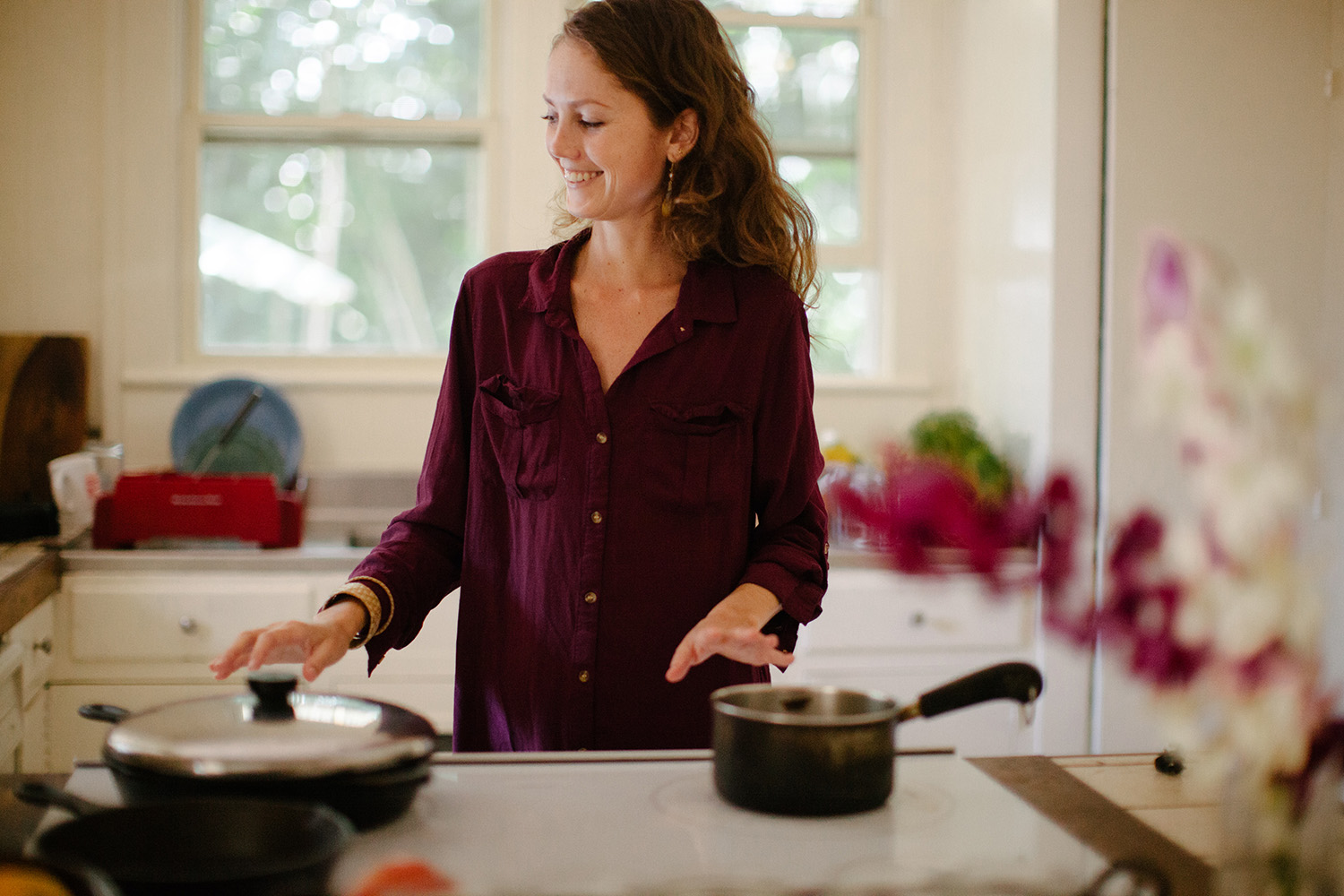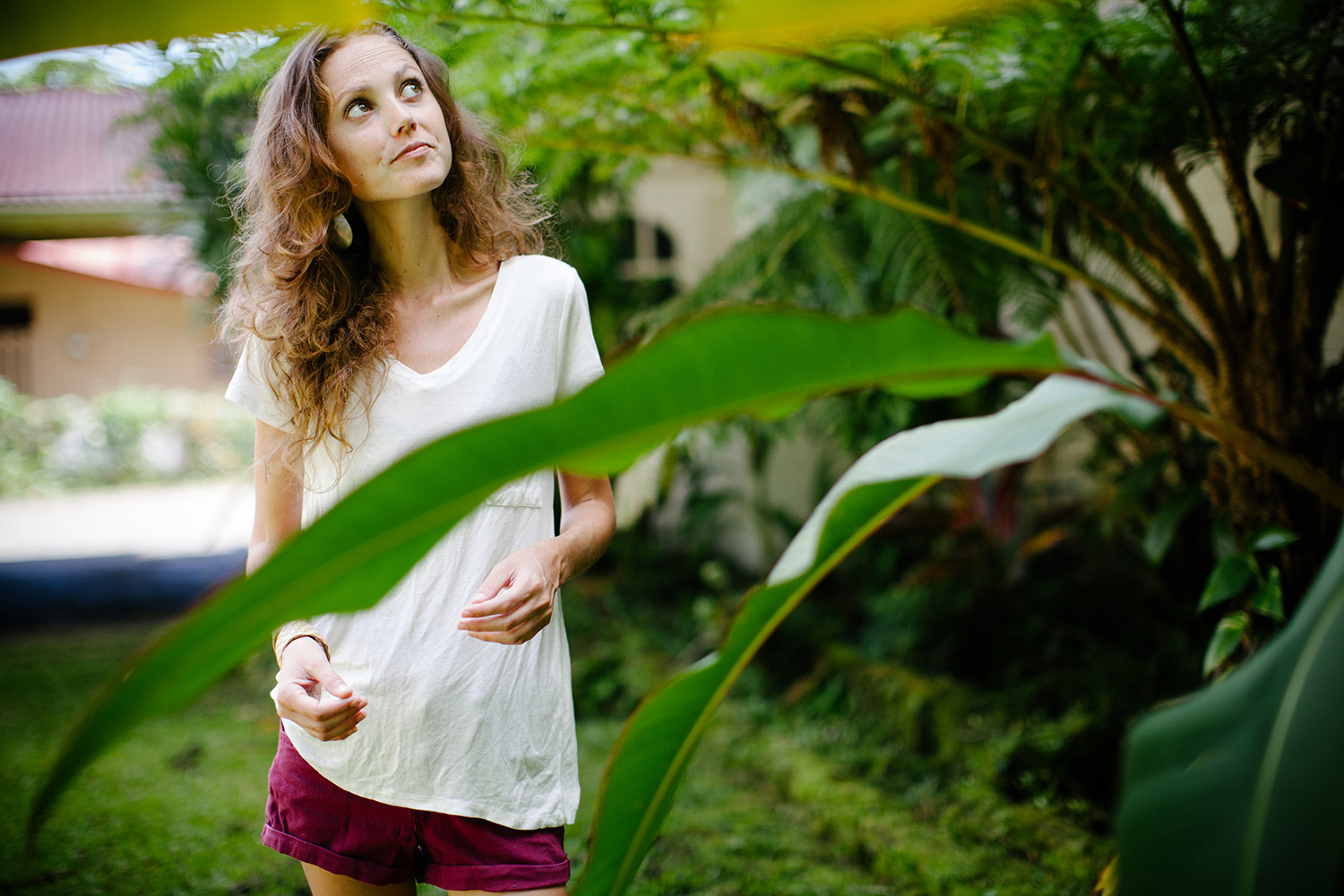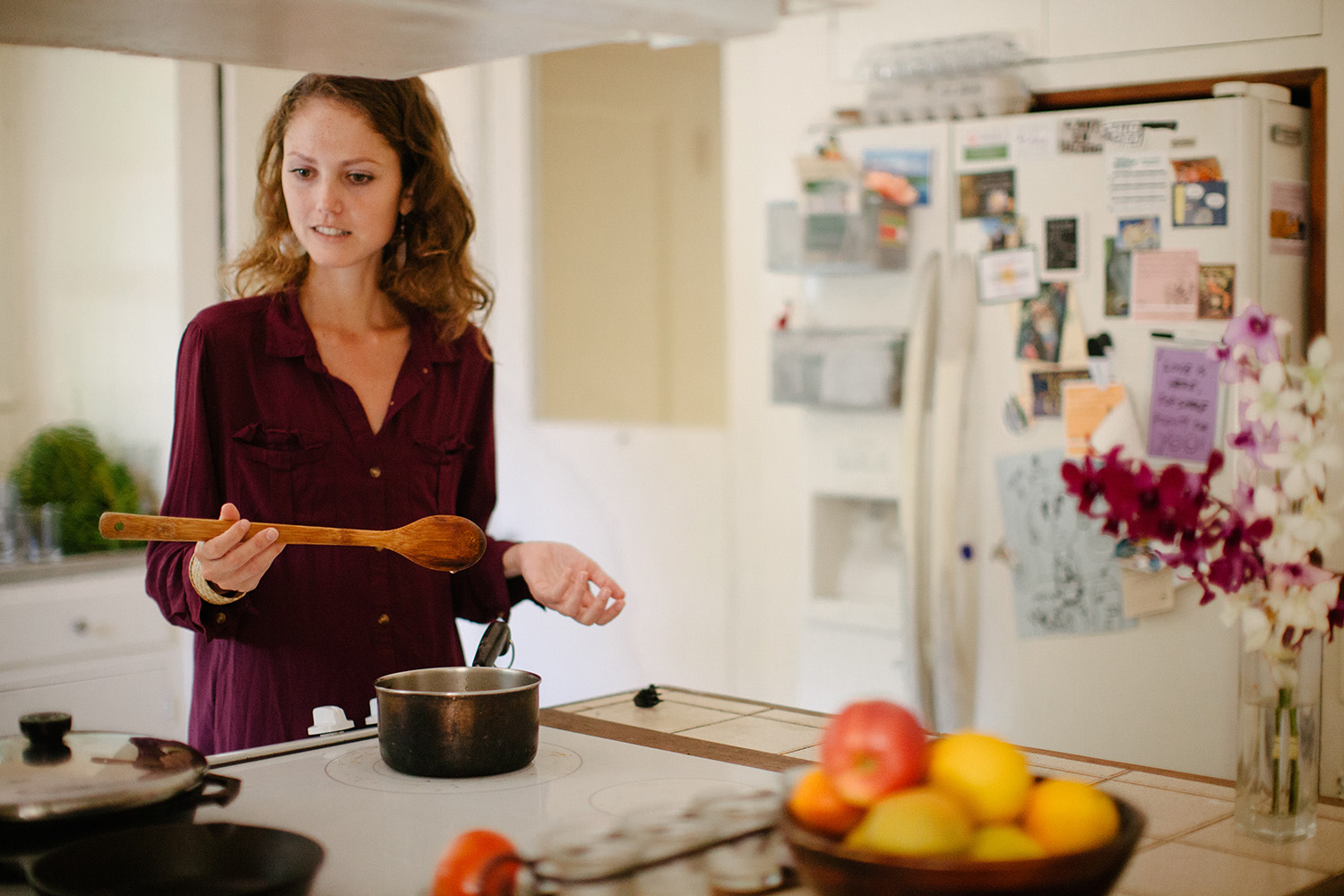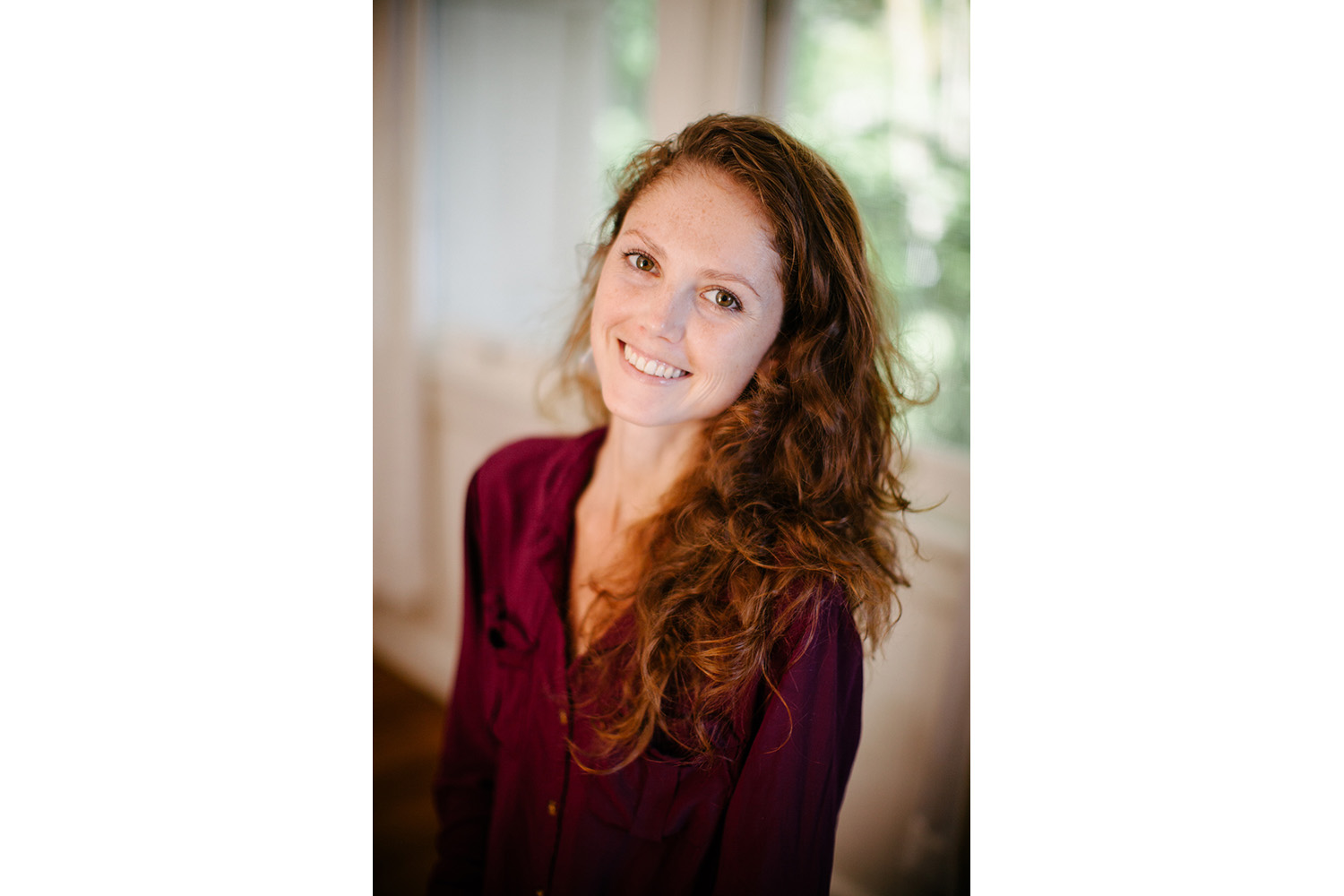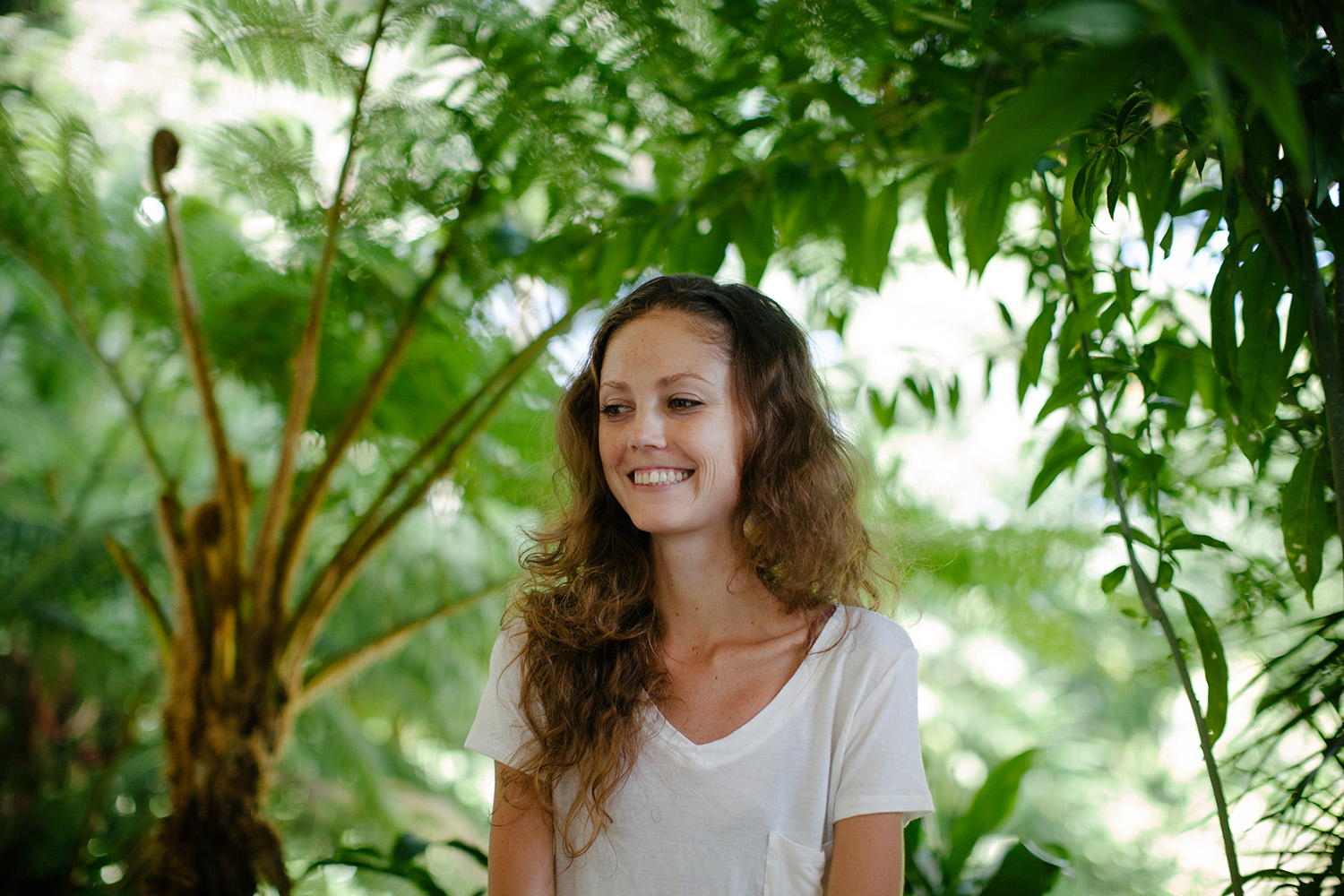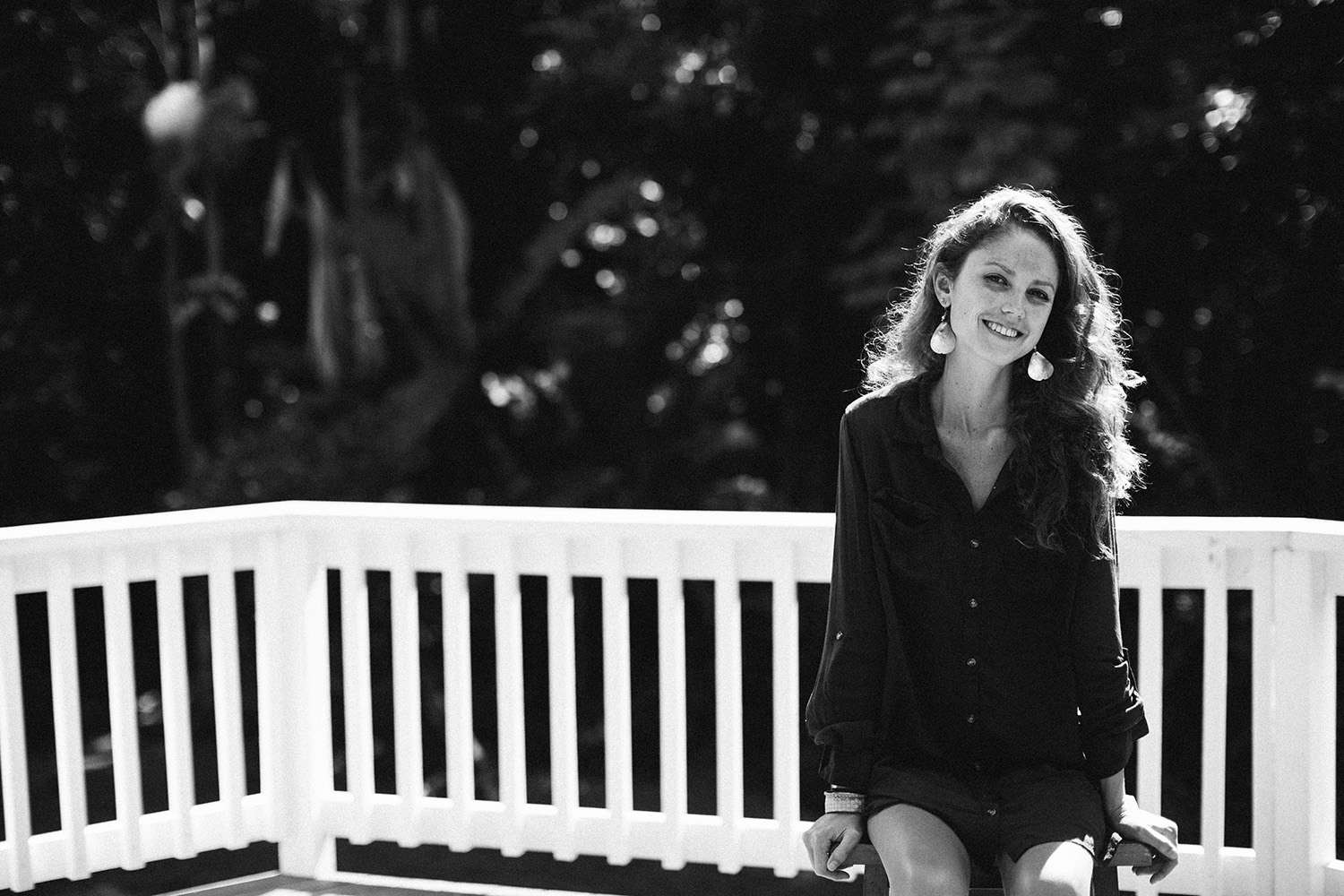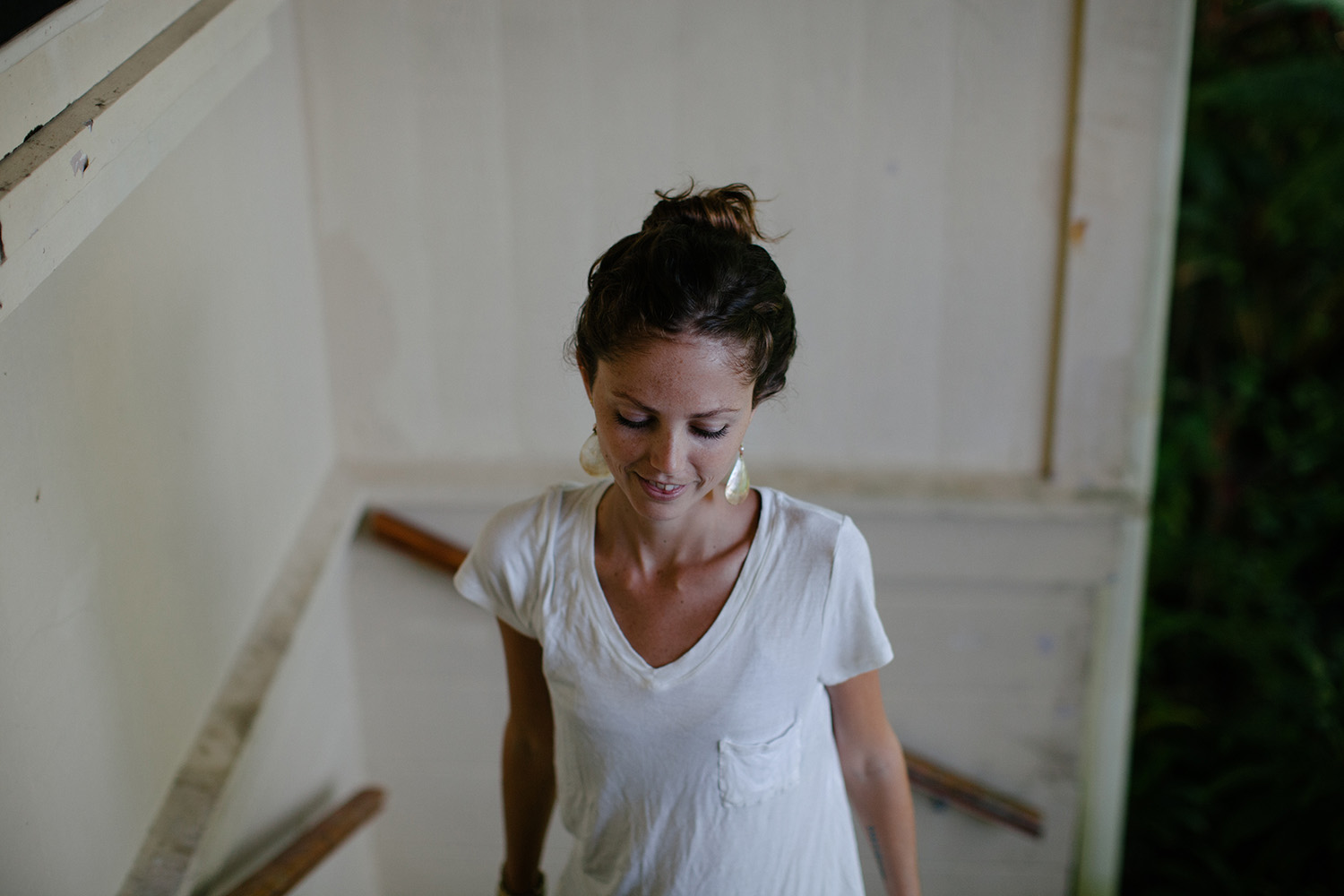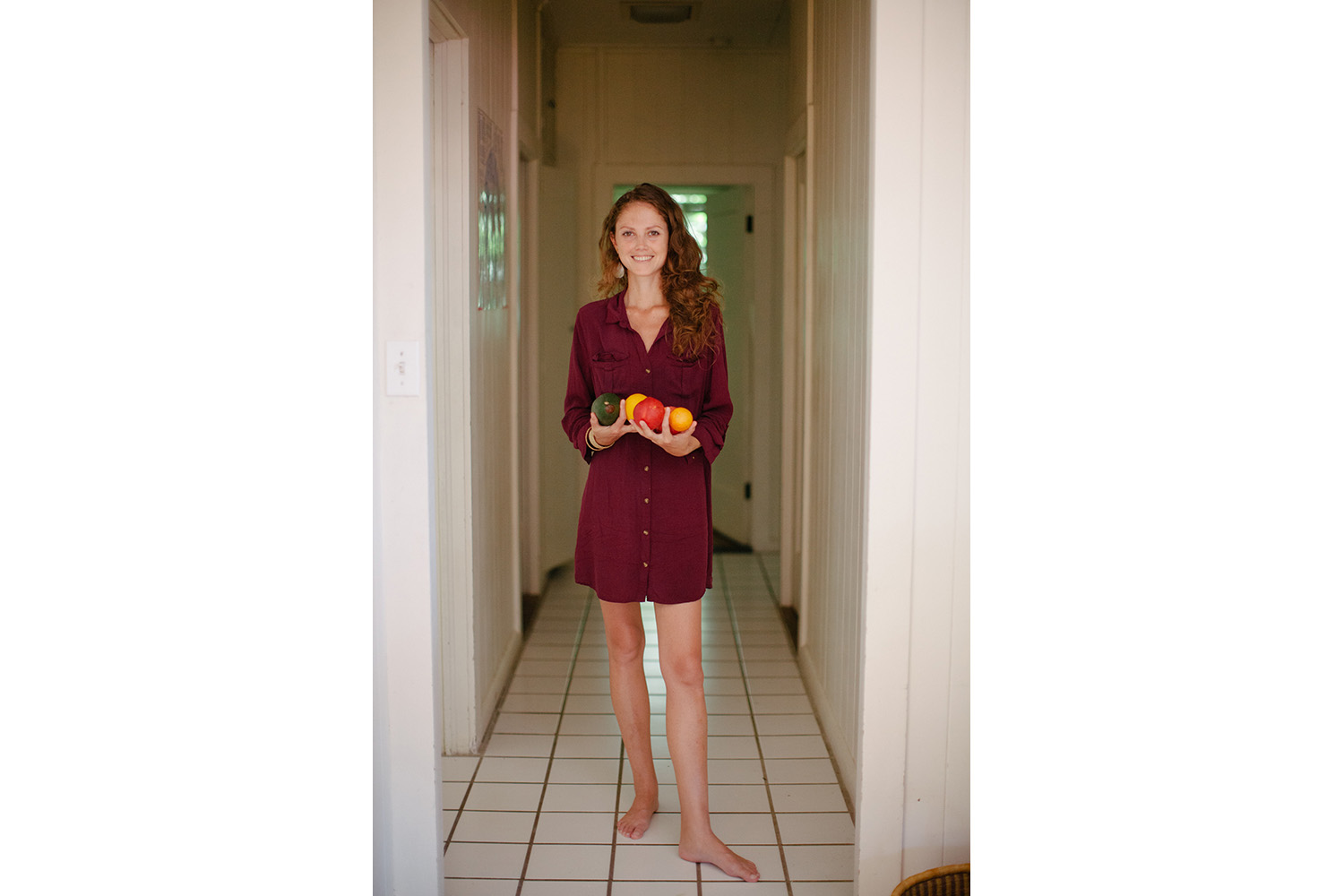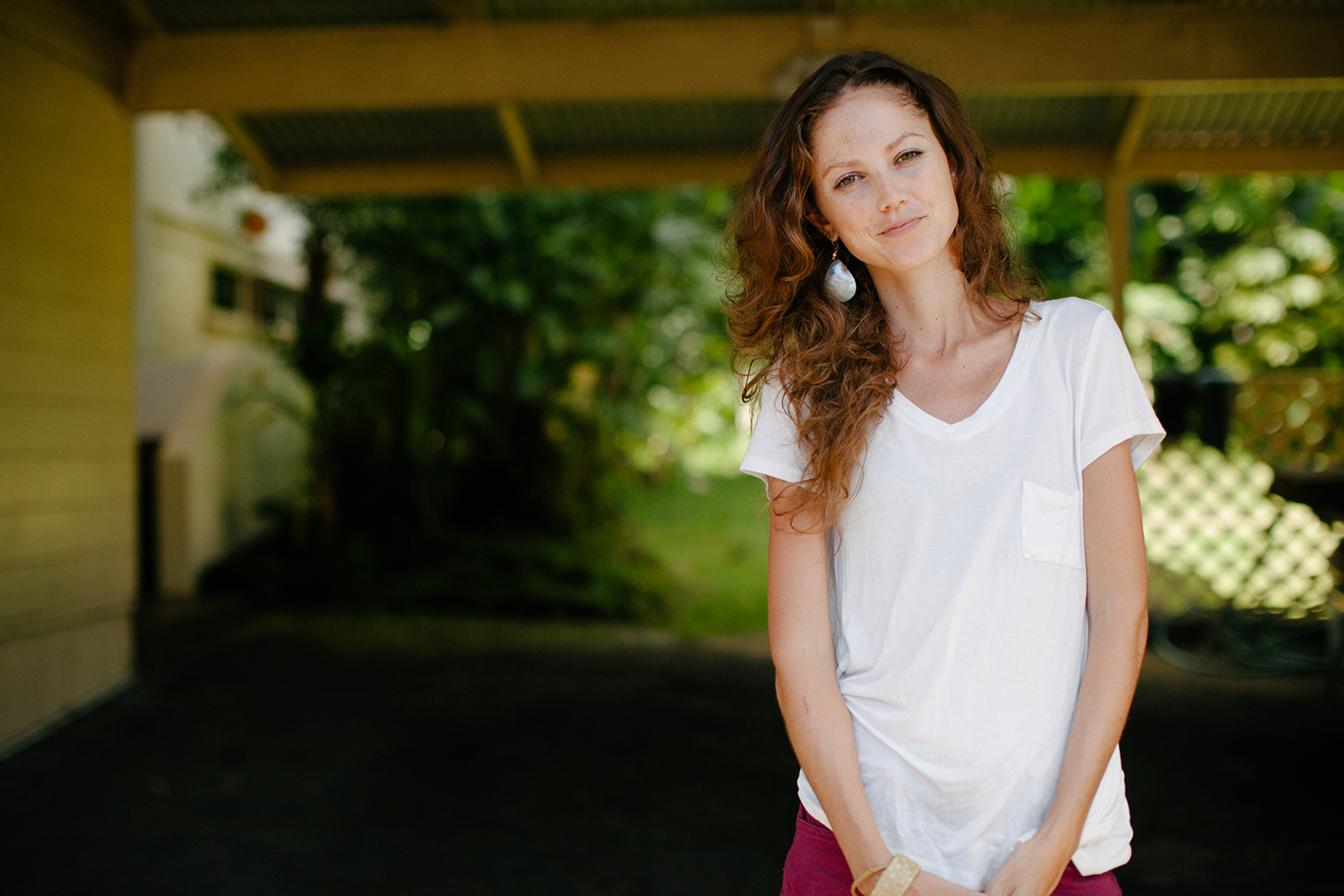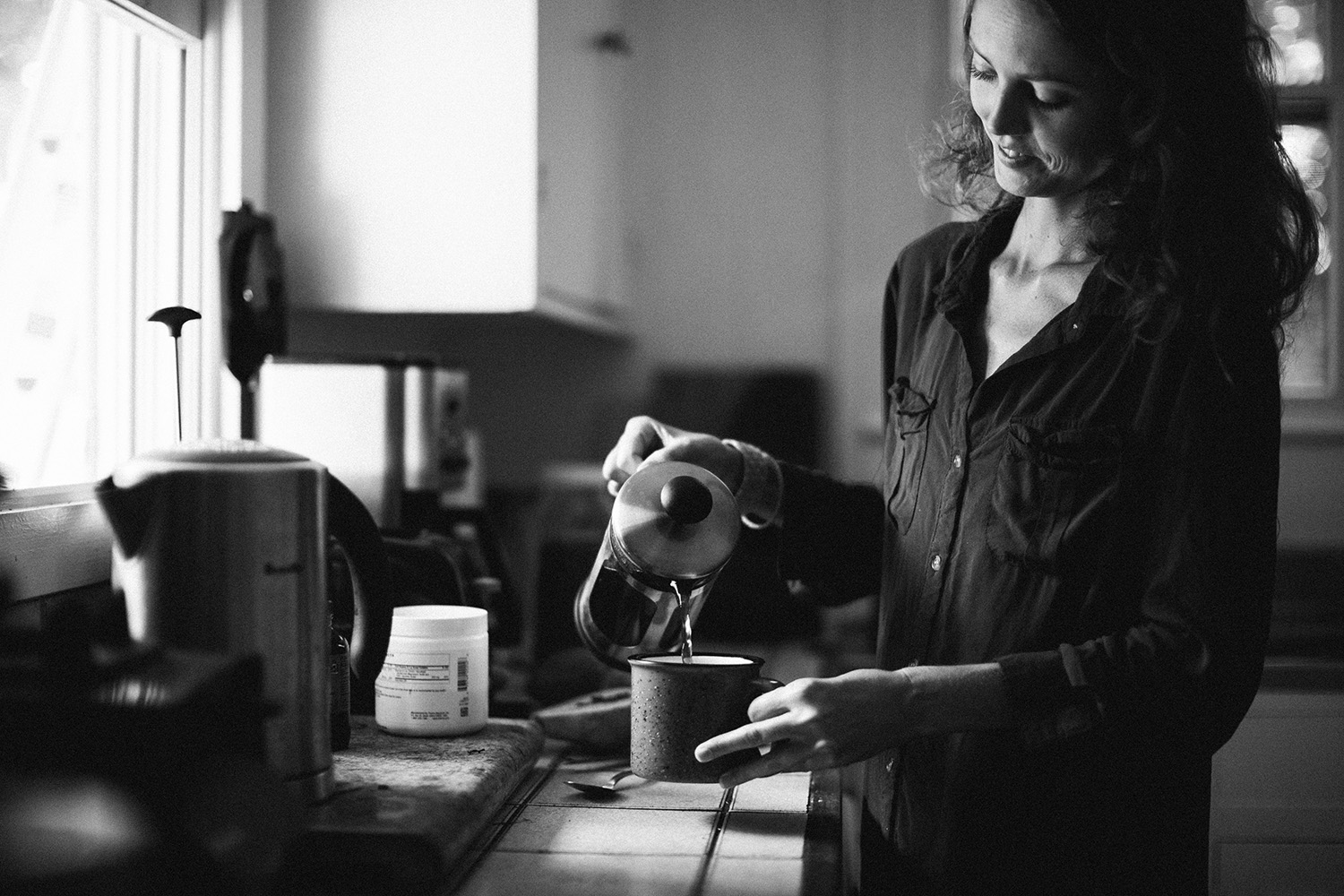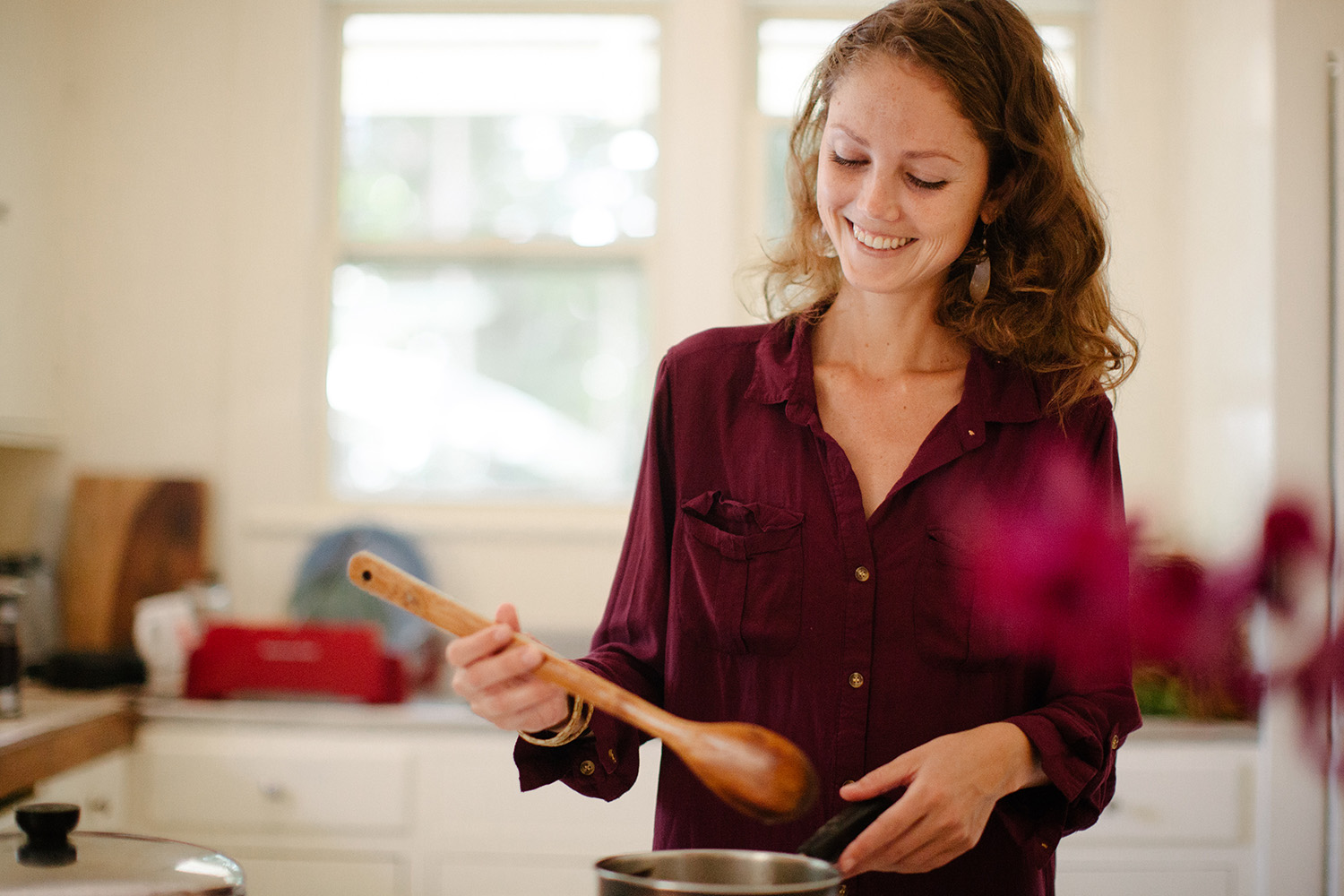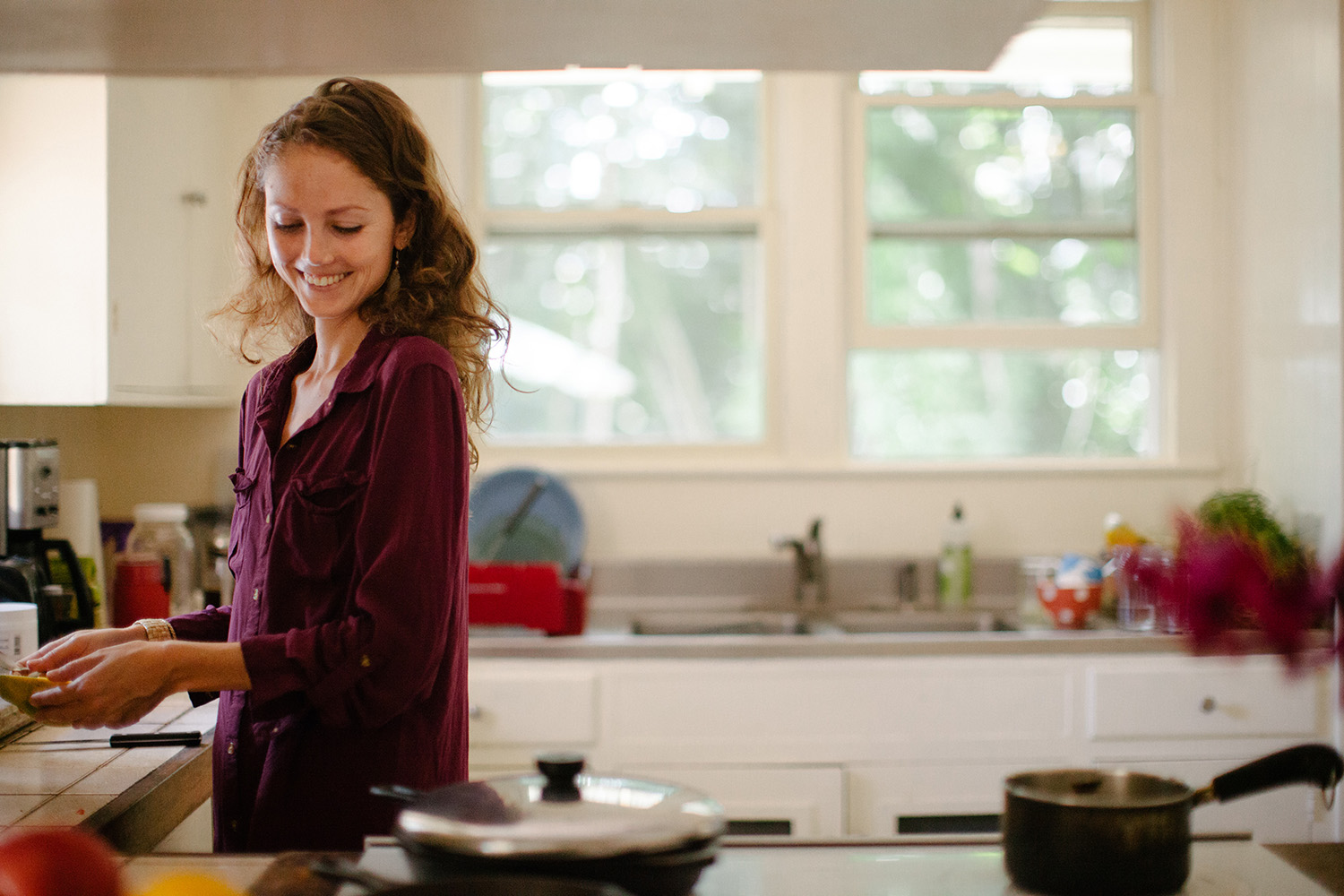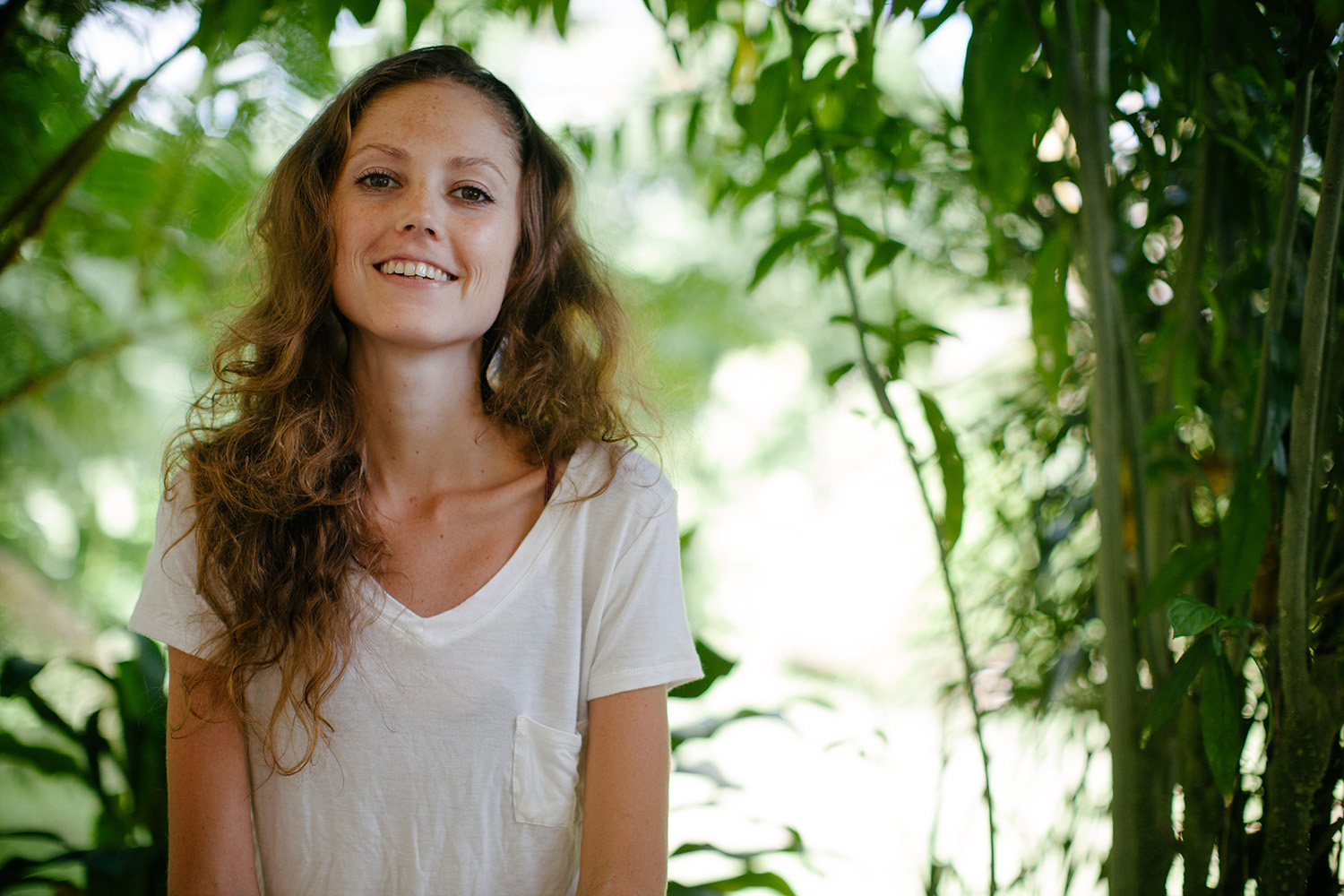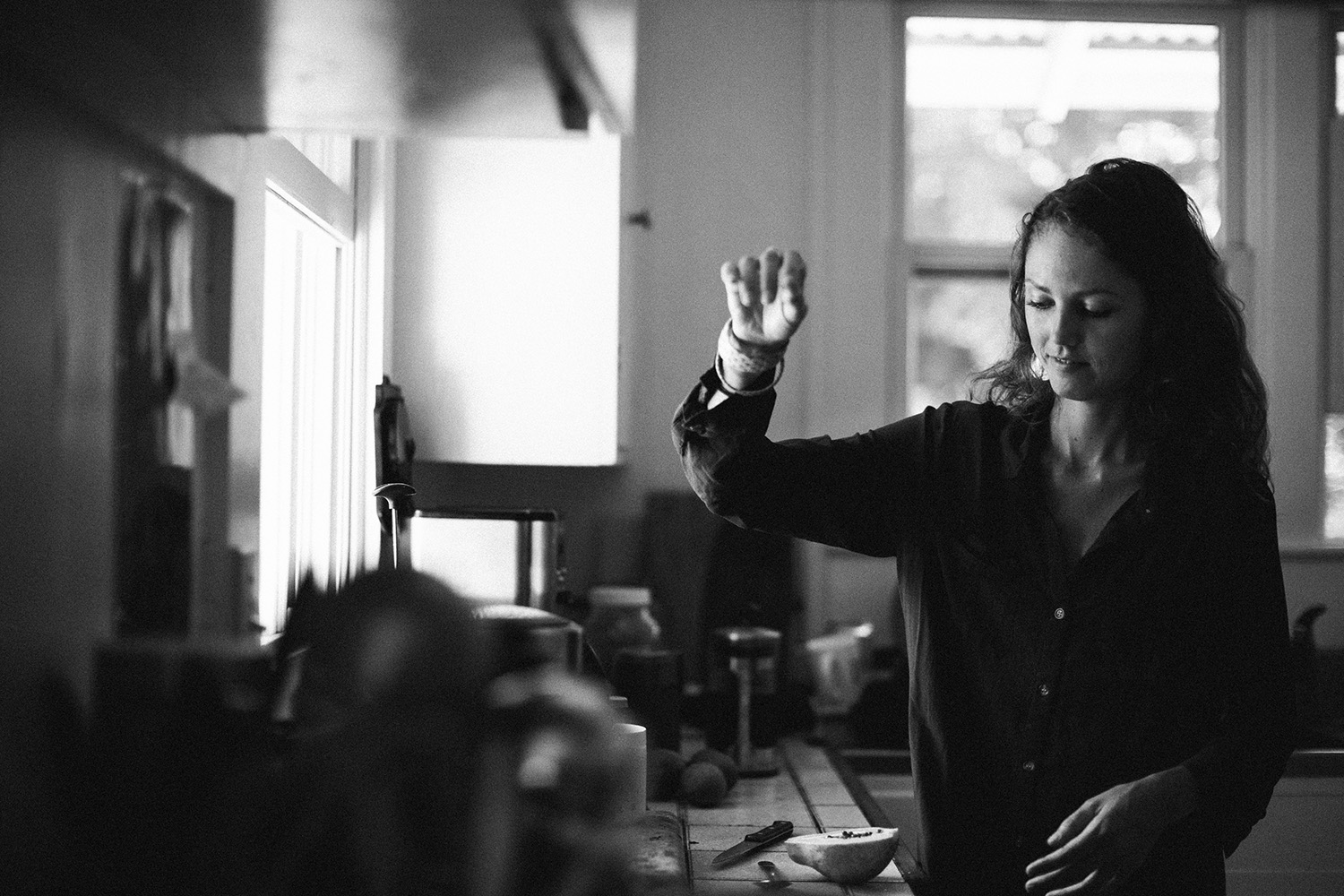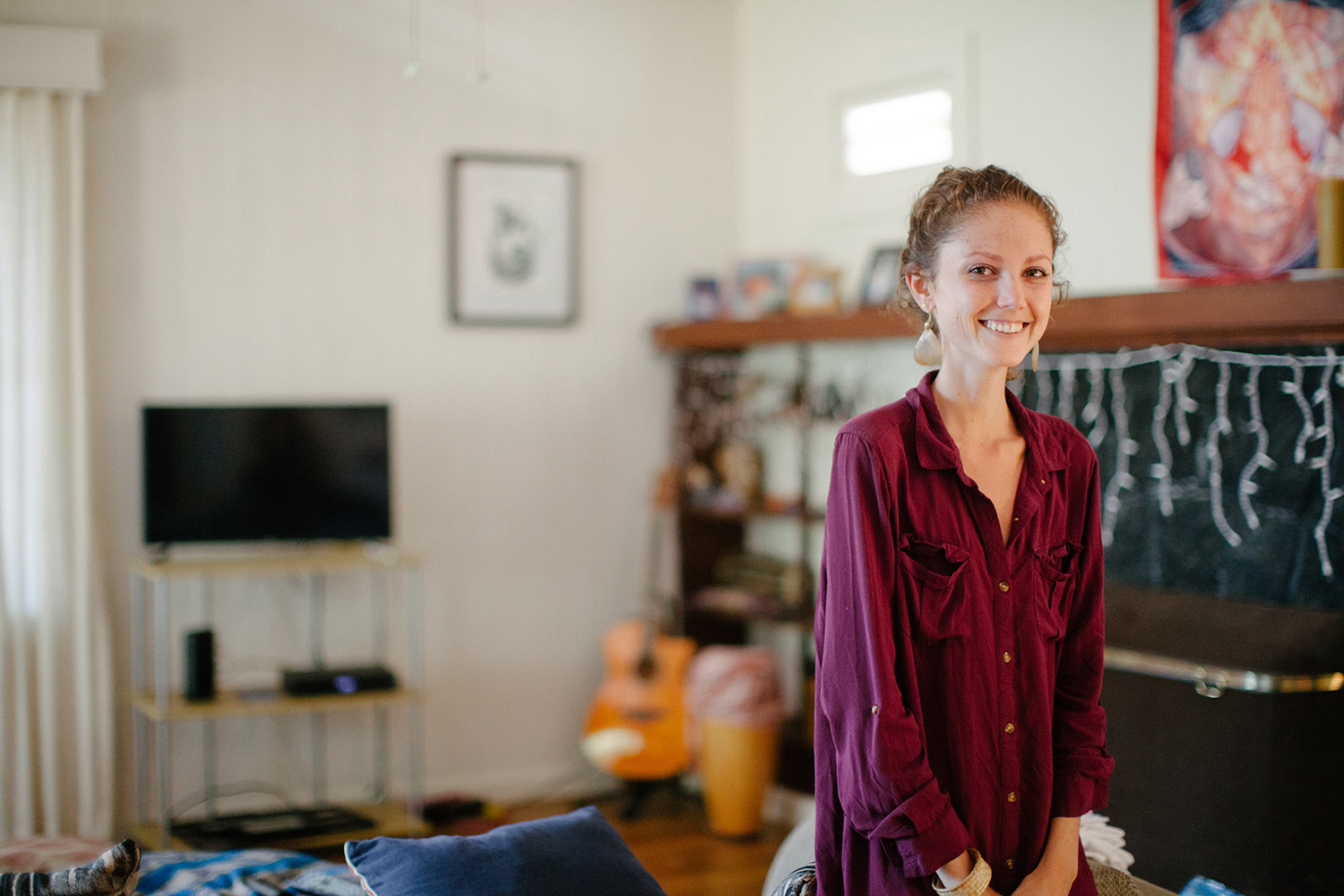LISTEN NOW:
SUMMARY:
Raised on a small farm outside of Hilo, Hawaiʻi, Jasmine joins A Face Project to share her experiences in life, and with food, after being diagnosed with Crohn’s disease. Join the discussion with Jasmine in our Facebook Group at A Face Project: Community.
Resources:
SIBOInfo.com
ChrisKresser.com
HollywoodHomestead.com
digestivehealthinstitute.org
Garasil & HPV vaccine: TheTruthAboutGardasil.com
Genetic Info:
23andme.com
MTHFR.net
Diets:
Autoimmune protocol – https://aiplifestyle.com/what-is-autoimmune-protocol-diet/
Low FODMAPS diet – https://www.dietvsdisease.org/diy-low-fodmap-diet/
SCD diet – http://www.webmd.com/digestive-disorders/features/specific-carbohydrate-diet-review#1
GAPS diet – http://www.gapsdiet.com/
Books:
Breaking the Vicious Cycle, Elaine Gottschall
Living with Chrons & Colitis, Jessica Black & Dede Cummings
Mind Over Medicine, Lissa Rankin
The Biology of Belief, Bruce Lipton
Nourishing Traditions, Sally Fallon
Nutritional Healing, Balch
NOTES:
[1:20] Our recent partnership with Podcastica
[2:25] Where to start if you’re new to the podcast
[3:15] What the public says about health (our random sample is back!) What are ways that you keep yourself healthy?
[4:15] Summary of today’s episode
[6:30] Jasmine’s story begins
[7:40] Jasmine’s diagnosis
[8:55] Life on the farm in Puna, HI
[9:55] First big diet shift
[10:45] Other factors that contribute to Jasmine’s current health situation
[12:20] The decision to stay away from drugs
[14:00] Things started to get really difficult and Jasmine’s health deteriorates
[15:58] Brain fog and how it influenced her college experience
[16:30] Being in college and dealing with her health
[16:45] On losing so much weight and feeling judged
[17:45] Where she is at this point in her healing journey & diet
[19:10] Take an alternative route if you’re not happy with medications
[19:40] Importance of listening to our bodies and what we put in our bodies
[21:40] Deepen your relationship with food
[22:00] Takeaways
[22:30] Final notes about becoming a sustaining contributor and our anniversary
[23:50] Credits
[24:25] Jasmine reaches out
TWEETABLES:
READ THE TRANSCRIPT:
Jasmine: Being extra skinny is not a fun thing to deal with. I felt very judged. I felt judged because people … Not everyone knew what I was dealing with and so maybe people thought that I was anorexic or bulimic and intentionally not eating.
It’s funny, it’s like I’ve been very closed off, I’ve been very closed off about sharing my story with the public because it takes a lot of vulnerability to share such a personal, intimate story. I know that at some point I do have to really open up and become a resource for other people who are going through the same thing.
My name is Jasmine. I’m from [inaudible [00:00:56] and I currently live in [inaudible [00:00:59]. Today I’d like to share with you all my story of healing a severe autoimmune condition called Crohn’s disease through whole foods and natural medicines. I was diagnosed with a pretty severe case of Crohn’s disease with severe strictures, and fistulas, and scar tissue, and damage within my small intestine. That was kind of the start of my journey of healing. Since then I’ve been working with naturopathic doctors and other holistic medicine practitioners.
Most recently I’ve discovered I’m also dealing with something called SIBO. That stands for small intestinal bacterial overgrowth. Also recently diagnosed with some kind of thyroid condition, autoimmune thyroid condition that I’m not exactly sure what it is yet. I recently had a genetic test done that revealed that maybe this originally started with a genetic mutation called MTHFR. That stands for methylenetetrahydrofolate reductase.
I grew up on a small family fruit farm, all organic, with four sisters and my parents. We grew up out in the boonies on this little farm and the farm was in Puna on the Big Island, Kalapana really. My mom always fed us 100% organic and really whole foods based, really holistic kind of lifestyle as I was growing up. My mom loved to grow papayas and bananas and tropical fruits of all kinds. She really encouraged all of us to participate in all of the farming activities and so planting, and growing the food, and processing the food was a big part of our childhood.
Actually, I moved away when I was in high school. My junior year of high school I went up to boarding school at HPA on the north side of the Big Island. I lived in the dorms and I was eating out of the cafeteria for those two years. That was kind of the first shift of my diet and it was a pretty dramatic shift of eating all organic, vegetarian, from the land kind of food. Then eating sodexo, lots of processed, probably a lot of genetically modified foods. Then after high school I went off to college and was eating out of cafeteria there at a small, liberal arts college called Pacific University in Forest Grove. Looking back on it, it was a pretty dramatic shift or, it was a dramatic shift for my body. There’s a lot of other factors that play in the picture too.
A big part of the picture of maybe where my health started to fall out of balance, so as a child I had a lot of cavities. They were filled with mercury amalgam which is very, very toxic to our bodies. I kind of had a mouth full of mercury as a child growing up. That played a huge part in the toxic burden that my body had to deal with. Then when I was in college I was given the vaccine for HPV called the Gardasil vaccine. It was a big pressure from my doctor to get this vaccine. I made the decision alongside my mom. It was a hard decision because as a child we never got any vaccines. We always, we were very opposed to them and we just didn’t see necessary. This was actually, I think, my first vaccine ever.
Looking back at my records I put together the pieces of the puzzle and about six months to a year later was when my symptoms got really, really, really severe. That was kind of the straw on the camel’s back, the last straw.
When I was diagnosed with the Crohn’s disease by my gastroenterologist I was given the option of taking the pharmaceutical drug for pretty much the rest of my life and dealing with the side effects of that drug. I looked into it and I researched it really well. I read all of the feedback about everyone else who was taking it and it just did not sound like any fun with all of the side effects and all of the other complications that you have to deal with with pharmaceutical drugs. I would be dependent on it so I started seeing a naturopathic doctor and I discovered that I was severely allergic to a lot of foods. I have this thing called leaky gut which is basically like a very damaged digestive system. Your body ends up reacting to a lot of the foods that you eat.
As I started working with my naturopathic doctor I started doing a lot of my own research with that and discovering a lot of things about how to cook my own food and about how to … The things to eat for what I was dealing with, certain natural medicines that I should be taking, things like that. It’s been an ongoing journey of research and learning and healing since then.
Late into my sophomore year and junior year especially it really kicked in really bad. At first I thought maybe I was just, I just had a sensitivity to gluten and so I cut out wheat from my diet and started there and things still weren’t getting better. Very poor appetite because of bloating and cramping in my abdomen, just very poor digestion in general. Secondary effect of that is that my body wasn’t absorbing the little food that I could eat and so I started losing weight and I ended up losing more than 30 pounds within a few months so that was tough. Another symptom that I deal with, intracellular water retention. It manifests as edema in my ankles and that is a result of malnutrition really. My blood work often comes back with really low levels of protein, the albumin, and globulin. That’s just, yeah, because of the malnutrition. My small intestine is still kind of damaged and not absorbing all of the nutrition that I’m eating.
I think when I hit rock bottom I was kind of bedridden. It’s hard to admit it but I had to stay home everyday during that summer and just eat really, really simple. I was mainly doing vegetable juice and could hardly eat anything. I was in bed, I didn’t have any energy to do anything. I go through phases where I’m doing well and I’m able to eat a pretty good diet. I’m feeling good and I have energy. Then I’ll go through phases still where I react to a lot of foods and I can’t eat a whole lot. My energy level just plummets. I have severe fatigue and just brain fog is a big one too. That was something in college that was really strange to deal with while you’re in college because you’re studying, you’re doing so much dealing with your brain. It kind of comes on so subtly that you don’t even realize the brain fog is a thing. I just kind of thought I was slower than my peers and I had to work extra hard. When your gut is out of balance your brain is out of balance, there’s just such a strong connection.
Yeah, it was tough being in college and dealing with this. It messed with my confidence levels and, what do you call that? My self image because I was losing weight and being extra skinny is not a fun thing to deal with. I felt very judged. I felt judged because people, not everyone knew what I was dealing with and so maybe people thought that I was anorexic or bulimic and intentionally not eating. I still get that to this day. I still get comments like, “Oh, you’re so skinny. I wish I could be just like you.” “Oh, you’re so skinny, why don’t you just eat more? Just eat more, that’s all you have to do.” I just want to say, “Being skinny does not always mean being healthy.” Socially I think when I was in college it was difficult because I couldn’t eat the same foods as all of my peers. I would pack my lunch often and bring my own food. I couldn’t go out and party with my friends anymore. Drinking alcohol totally messes with your digestive system.
At this point in my healing journey as of now I haven’t touched the pharmaceutical drugs for Crohn’s disease. That feels like a big hoorah. I’ve just managed with natural medicines. My diet these days is mainly, it shifts sometimes but it’s mainly an autoimmune protocol kind of diet. Animal proteins, mainly fish and chicken, some lamb, some beef every once in awhile. Vegetables. I can sometimes eat some seeds and nuts every once in awhile, some good fats, coconut milk and avocados. I did experiment with fermented probiotic rich foods for a long time and it seemed to help for awhile. Lately I’ve cut it out of my diet because of the SIBO. Eating extra probiotic rich foods or bacterial rich foods can kind of overwhelm the digestive system with too much bacteria. I’ve cut out the fermented foods from my diet but I do recommended fermented foods for everyone else who is super healthy because it’s really good for your diet. Yeah, I pretty much can eat any processed foods. Definitely no greens, no sugars, so that’s pretty restricting at times.
I am not a doctor of any kind and I don’t have any medical background but I would like to be able to advise people. You don’t have to stay on these pharmaceutical drugs your whole life, even if you’ve been on them and you feel like you’re reliant on them. There’s ways to get off of them. I’m not saying just go cold turkey because that’s not safe. If you start seeing a naturopathic doctor or a holistic practitioner of some sort you may be able to cut down your dosage slowly and start supplementing with natural things. I think it’s also really important we have awareness of our body. We have awareness of how the foods that we eat and the things that we drink, and the environment that we’re in, and the stress levels that we are dealing with, how all of this affects our bodies and especially our digestion. It’s a big part of what I have been learning about. I really encourage everyone out there no matter who you are even if you’re healthy. Try to tune into your body and listen to the feedback that it’s giving you about how it’s reacting to what you’re giving it and the environment that you’re living in because it can tell you a lot.
In our culture, in our society these days we get so worked up about what we’re doing with our lives and if we’re doing enough. If we’re working hard enough or if we’re making enough money or all these little things about what people expect of us. We need to remember that it’s more than what we accomplish and succeed with all that. It’s more about just enjoying the moment and enjoying your life as it is and not feeling like we have to accomplish so much stuff. It’s funny hearing me say this because I was one of those people. I was taking a full 18 credits, full load of classes when I was in college. Doing extracurricular activities and working a part-time job, and living in a house with some roommates, and paying rent and all that. I was really motivated when I was college. I really loved the exhilaration of having all of these responsibilities and having all these things going on. It can play a toll on you if you’re not aware of underlying stresses.
I like to encourage people to deepen their relationship with food and with where their food comes from, where they’re sourcing it, who their farmers are, where it was grown. Really get to know what’s in our food because your food is who you are, who you become. It’s a really important part of our human existence. Your health is, yeah, the most important part of your life, yeah.
One thing I just want to share with the audience too is that I am still dealing with symptoms and I’m still discovering new things. I’m open to hearing about your story if you’ve dealt with something similar and if you know of anyone who has dealt with this. If you know of any doctors who have treated specifically for SIBO and THFR, Crohn’s and thyroid stuff. I would appreciate actually if you would contact me because I’m still on this healing journey to find a doctor who really has experience with treating all of these things. I would appreciate meeting them and consulting with them.
•
